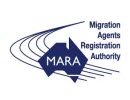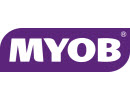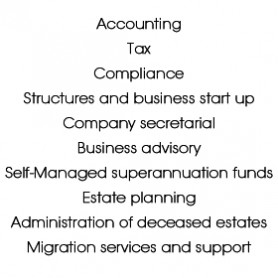On 24 February 2020, the Superannuation Guarantee (SG) Amnesty Bill passed both houses of Parliament and is now awaiting Royal Assent to become an Act.
The SG Amnesty provides a one-off temporary amnesty from late payment penalties for employers to correct their historical unpaid/underpaid employer superannuation guarantee contributions (SGC shortfalls) for their employees.
The amnesty provides relief from penalties that could otherwise be imposed on employers who fail to meet their SG obligations. The employer to which the amnesty is provided is still obliged to pay the SG shortfall amount (meaning that the employee still receives their superannuation as well as an interest amount applied to the shortfall).
Once the SG Amnesty Bill receives Royal Assent, there is a 6-month window after which the amnesty period will end, starting from the day of Royal Assent.
How to qualify for the amnesty?
To qualify for the amnesty, a voluntary disclosure must be made by an employer with the Australian Taxation Office (ATO) during the amnesty period. The method may be the same as what the ATO previously rolled out before the initial Amnesty Bill lapsed, ie, submit an SG Amnesty Fund payment form electronically through the Business Portal, Tax Agent Portal or BAS Agent Portal.
Further details of the process will be made public shortly.
Which period is covered by the amnesty?
The period covered by the amnesty’s beneficial treatment is for SGC shortfalls between 1 July 1992 to 31 March 2018. The period from 1 April 2018 to the present is not covered by the amnesty.
What are the benefits of disclosure during the amnesty?
Employers who qualify and make voluntary disclosure with the Australian Taxation Office during the amnesty period will:
- be allowed to claim a tax deduction for SGC shortfall payments; and
- not be liable for an administrative fee component;
- have liability to penalty of up to 200% of SGC shortfall reduced (see below).
Penalty reduction during the amnesty
The ATO will change its SGC remission guideline to the following:
- Employer voluntary disclosure on their own accord: residual penalty between 0% to 20% of the superannuation guarantee charge (SGC).
- Unprompted self-assessment but not come forward on own accord: should attract a penalty of less than 100% of the SGC shortfall.
- Prompted self-assessment and worse: should attract a penalty of 100% of the SGC, with penalties increasing linearly as the offences become more shocking.
- Default assessment issued for worst cases: such as severe disengagement and phoenixing arrangement by the employer, should attract full penalty of 200% of the SGC shortfall.
What if an employer is caught with SG shortfall after the amnesty?
Employers who fail to come forward during the amnesty period will likely be subject to higher penalties and strong enforcement by the ATO.
What should you do?
If you employ people, and believe that you may have underpaid superannuation we recommend that you take advantage of this amnesty before it expires at the end of August 2020. Employers with historical SGC owing remaining unpaid may be entitled to the SG amnesty which can reduce tax penalties and obtain tax deductions for their payments.









